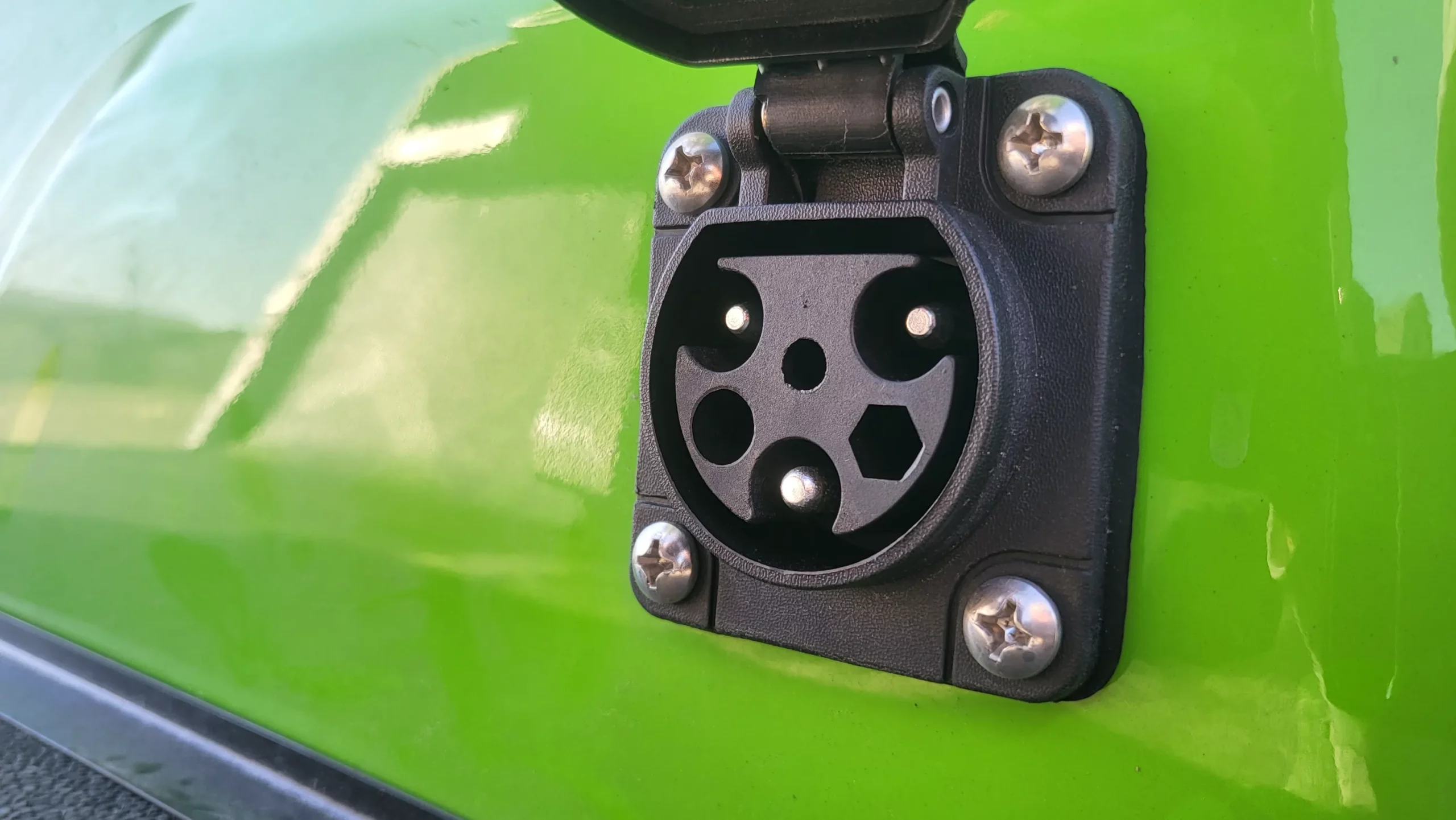-
Shopping Tools
-
Care & Maintenance
-
About
-
Dealer Login

You cannot use just any charger for your golf cart. The charger must match your cart's specific battery voltage (36V, 48V, etc.) and battery type (lead-acid or lithium-ion) to ensure safe and efficient charging. Using the wrong charger can cause damage, overcharging, and potentially reduce the lifespan of your golf cart batteries.
While it may be tempting to use a generic or different charger for your golf cart, doing so can lead to significant issues that compromise the performance and longevity of both your charger and your batteries. Golf carts require specialized chargers designed to work with specific battery types and voltage levels. Here’s why using the correct charger is so important:
Every golf cart operates with a specific battery voltage. The most common voltages are 36V and 48V, though some carts may have different configurations. It is crucial to ensure that the charger you use matches the voltage of your cart’s batteries. If you use a charger with a higher voltage than what your golf cart requires, you risk overcharging the batteries, which can cause them to overheat, swell, or even catch fire. On the other hand, using a charger with too low a voltage will not fully charge the batteries, leaving you with insufficient power and potentially causing long-term damage to the cells.
Golf carts can be equipped with different types of batteries, typically lead-acid or lithium-ion, each requiring a charger designed for its specific needs. Lead-acid batteries have different charging characteristics compared to lithium-ion batteries. A charger designed for lead-acid batteries may not be appropriate for lithium-ion batteries, and vice versa. Using an incorrect charger for the battery type can lead to several issues, including reduced charging efficiency, overcharging, and permanent damage to the battery cells.
In addition to matching the voltage and battery type, you also need to ensure that the charger is physically compatible with your golf cart’s charging receptacle. Golf cart manufacturers often design chargers with specific plugs that only fit certain receptacles on the cart. Using a charger with an incompatible plug can lead to connection issues, prevent the cart from charging properly, or even cause electrical malfunctions that could damage the charging system or battery pack.
If you attempt to charge a lithium-ion battery with a charger designed for lead-acid batteries, it can lead to serious problems. Lithium-ion batteries have different charging requirements, including the need for a lower charging current and specific voltage regulation to avoid overcharging. A normal charger may not properly regulate the voltage and current, which could lead to overcharging or damaging the battery. This could significantly shorten the lifespan of the lithium-ion battery, reduce its capacity, and in some cases, cause overheating or even fire hazards.
Proper charging is essential for the health and longevity of your golf cart batteries. Using the correct charger ensures that the battery is charged safely and efficiently, helping to maximize its lifespan. Overcharging or undercharging your batteries can lead to damage, reduced performance, and even complete battery failure. A proper charger will also prevent overheating and ensure that the battery operates within its optimal range. If you use an incorrect charger, it can lead to these issues:
To determine the correct charger for your golf cart, follow these steps:
While it may seem convenient to use any charger for your golf cart, doing so can have serious consequences for both your charger and your batteries. Always ensure that the charger is compatible with your golf cart’s voltage, battery type, and physical plug type to avoid potential damage and maintain the health of your battery system.
